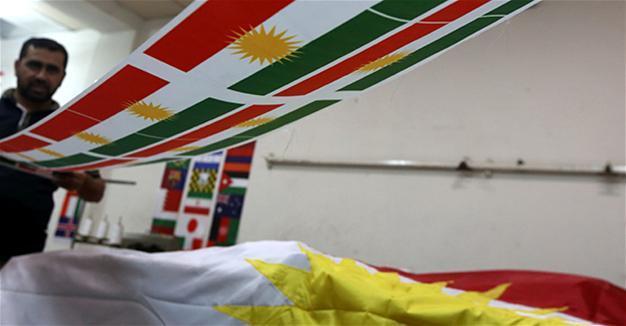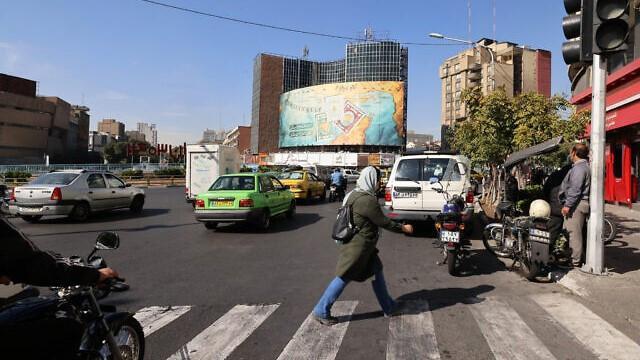Iraqi Kurds’ independence move irks Turkey, US
ANKARA / ARBIL
 Turkish Prime Minister Binali Yıldırım on June 9 called a plan by the autonomous Kurdish Regional Government (KRG) to hold a referendum on independence “irresponsible”, as Baghdad, Berlin and Washington also reacted to the decision.
Turkish Prime Minister Binali Yıldırım on June 9 called a plan by the autonomous Kurdish Regional Government (KRG) to hold a referendum on independence “irresponsible”, as Baghdad, Berlin and Washington also reacted to the decision. Speaking to reporters after Friday prayers, Yıldırım said Turkey wanted all Iraqis to live together as one nation, and added he did not find it right to add an additional problem to the region.
The Turkish Foreign Ministry also called the referendum decision a “grave mistake,” saying that Iraq’s territorial integrity and political unity was a fundamental principle for Ankara.
“We think this will represent a grave mistake,” the foreign ministry said in a statement.
“The maintenance of Iraq’s territorial integrity and political unit is one of the fundamental principles of Turkey’s Iraq policy,” it added.
The central government in Baghdad said on June 9 that the government would reject any move by Kurdish regional authorities to press unilaterally for independence.
“No party can on its own decide the fate of Iraq, in isolation from the other parties,” spokesman Saad al-Haddithi said in a statement.
“Iraq is constitutionally a democratic, federal country with full sovereignty (..) Any measure from any side in Iraq should be based on the constitution,’’ Haddithi said.
Earlier, the United States warned that the decision could distract from the fight against the Islamic State of Iraq and the Levant (ISIL) group.
The KRG announced on June 7 that it would vote on Sept. 25 on whether to split from the rest of Iraq and form an independent nation.
“The United States supports a unified, federal, stable and democratic Iraq,” State Department spokeswoman Heather Nauert told reporters.
The Kurds won many supporters and sympathizers in Washington when they emerged from persecution under the former regime of Saddam Hussein and became allies of US-led intervention.
Although they enjoy almost total autonomy in the northern region today, tensions with the Baghdad government remain over control of oil reserves and the mixed city of Kirkuk.
The Kurdish region’s “peshmerga” fighters have also proved tough allies in the US-led coalition battling the ISIL in northern Iraq.
But the United States remains skeptical of the Kurds’ long-standing dream of full independence, fearing a split could provoke a new round of conflict in Iraq.
“We understand and appreciate the legitimate aspirations of the people of Iraqi Kurdistan,” Nauert said.
“However, we have expressed our concerns to authorities in the Kurdistan Region that holding a referendum - even this non-binding resolution -- at this time will distract from more urgent priorities,” she added.
Nauert listed those priorities as defeating ISIL, housing refugees from the fighting, rebuilding the economy and resolving existing political disputes.
Germany was the first western nation to raise converns over the KRG plan.
“We can only warn against one-sided steps on this issue. The unity of Iraq is on the line,” Foreign Minister Sigmar Gabriel said in a June 8 statement.
“Redrawing the lines of the state is not the right way and could exacerbate an already difficult and unstable situation, in Erbil as well as Baghdad.”
Germany is a major partner for the Iraqi Kurds. It has provided 32,000 assault rifle and machine guns, as well as other weapons valued at around 90 million euros since September 2014. About 130 German soldiers are based in Arbil where they are providing training to the KRG’s Peshmerga.
















